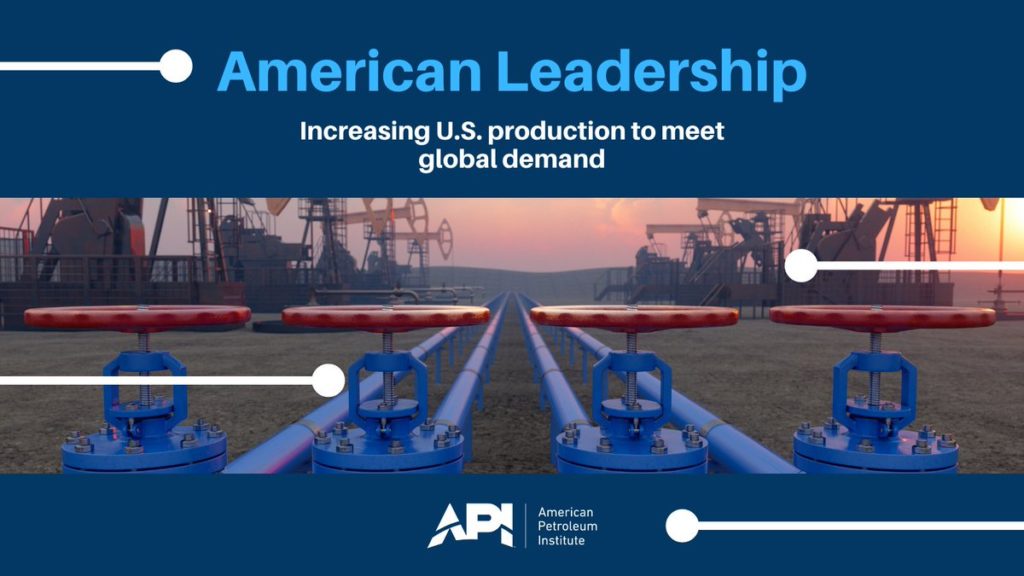Last night, American Petroleum Institute (API) President and CEO Mike Sommers and American Fuel & Petrochemical Manufacturers (AFPM) President and CEO Chet Thompson sent a letter to President Biden responding to recent letters the Administration sent to major U.S. fuel refiners suggesting that these companies, their workforces and facilities throughout the country aren’t doing their part to bring fuel to the market and lower energy costs for consumers.

An excerpt of the joint letter, which notes that U.S. refiners are running at a world-leading 94% of capacity, follows:
“Our industry is dedicated to providing affordable, reliable, and sustainable fuels and other petroleum products for Americans and our global allies, as we have done for decades, including throughout the COVID pandemic when many of our companies experienced financial losses.
“With a global energy crunch underway, much focus has been placed on crude oil supply and demand. Yet crude oil has no utilitarian value until it runs through a refinery and gets processed into fuels like wholesale gasoline, diesel and jet fuel. Because of this, it’s not an overstatement to say that energy security requires a strong refining sector.
“AFPM, API, and our member companies appreciated the opportunity to make contact with your administration—as recently as this week— both to share data and analysis on what is happening in global energy markets and to provide concrete and practicable solutions for addressing today’s high-price environment. Our analysis and that of independent experts include the following seven realities:
- Refined product prices are determined on the global markets.
- U.S. refineries are operating at or near maximum utilization.
- About one-third of recent refining capacity loss is due to conversions to renewable fuel production.
- U.S. refining is a long-cycle business.
- Even if refiners could bring more refining capacity online despite these challenges, the result could be higher demand and higher costs for crude oil.
- Current market conditions are complex and require a closer look.
- U.S. refiners are, in fact, adding new U.S. refining capacity where it makes business sense.”
Click here to view the letter.



